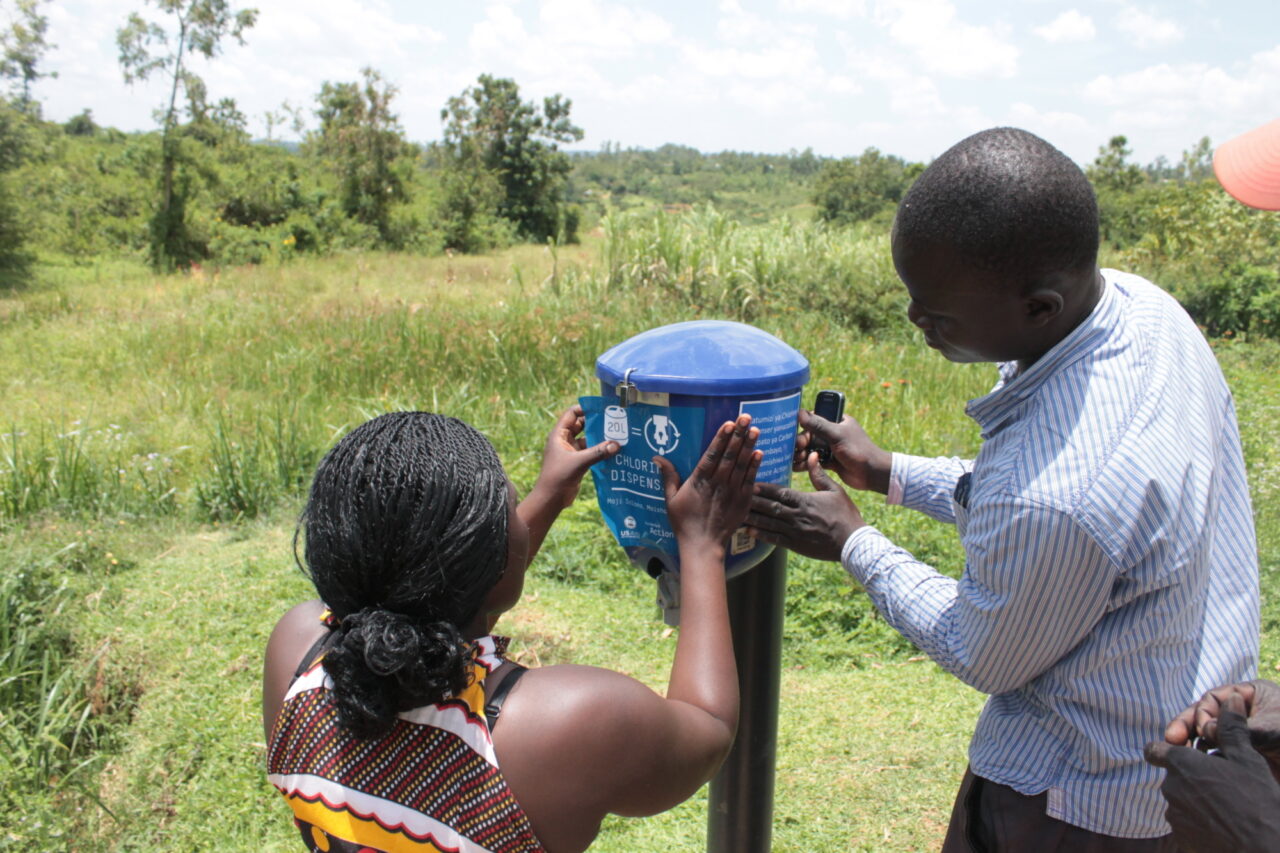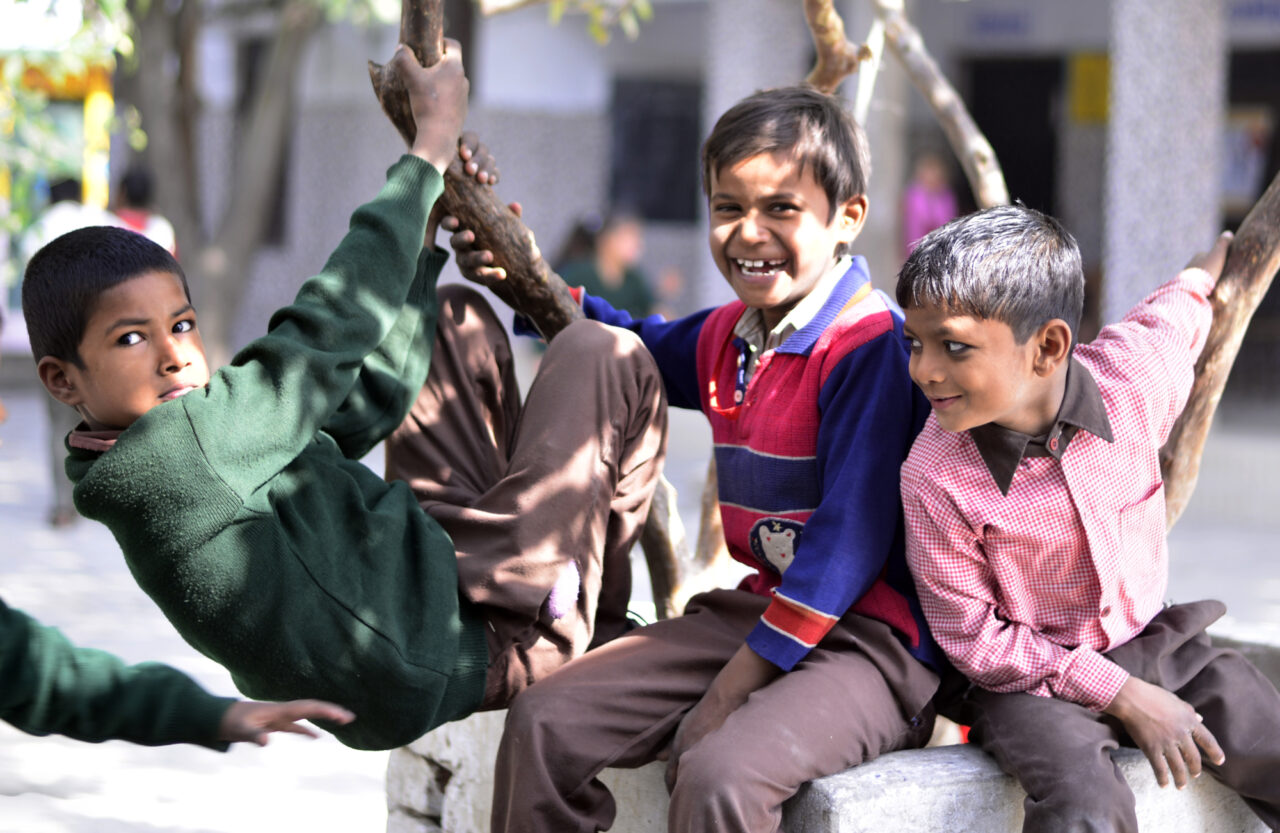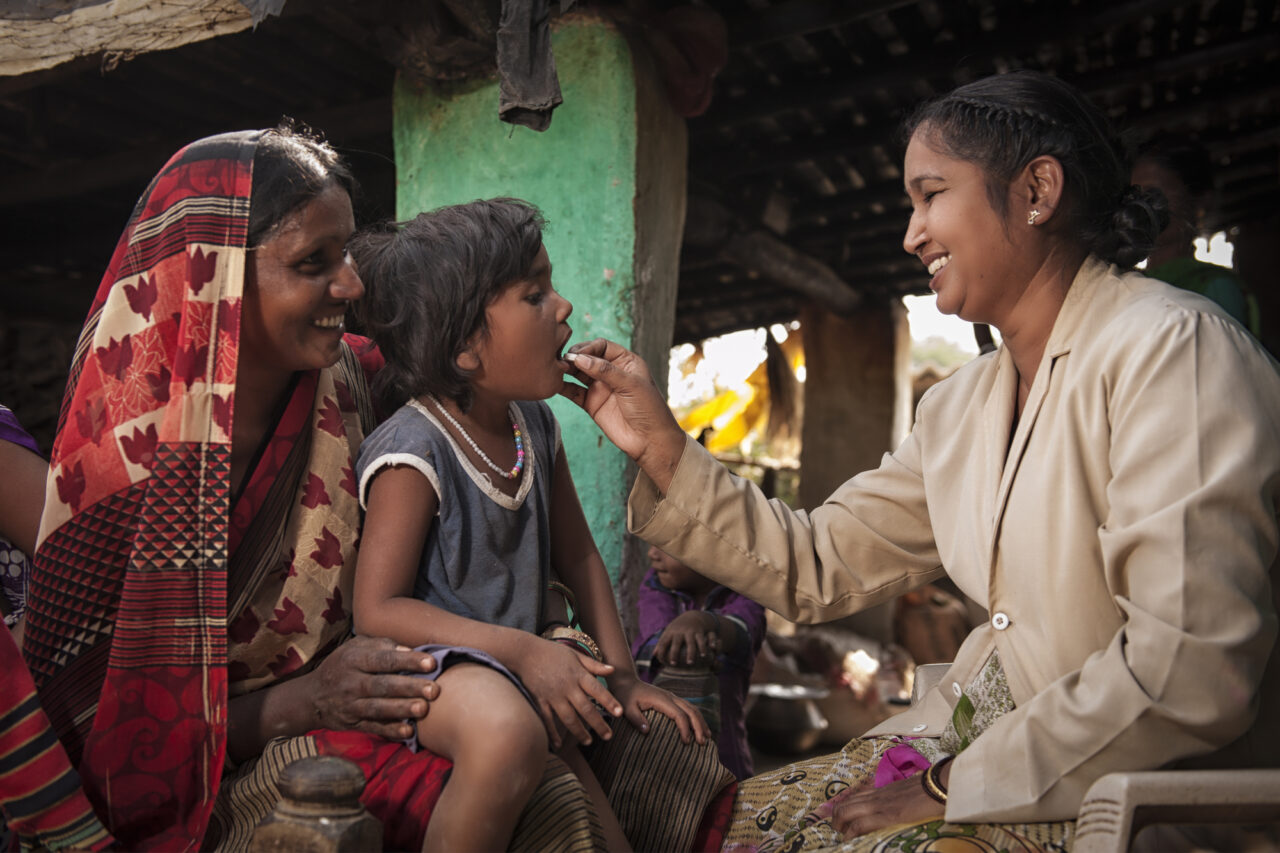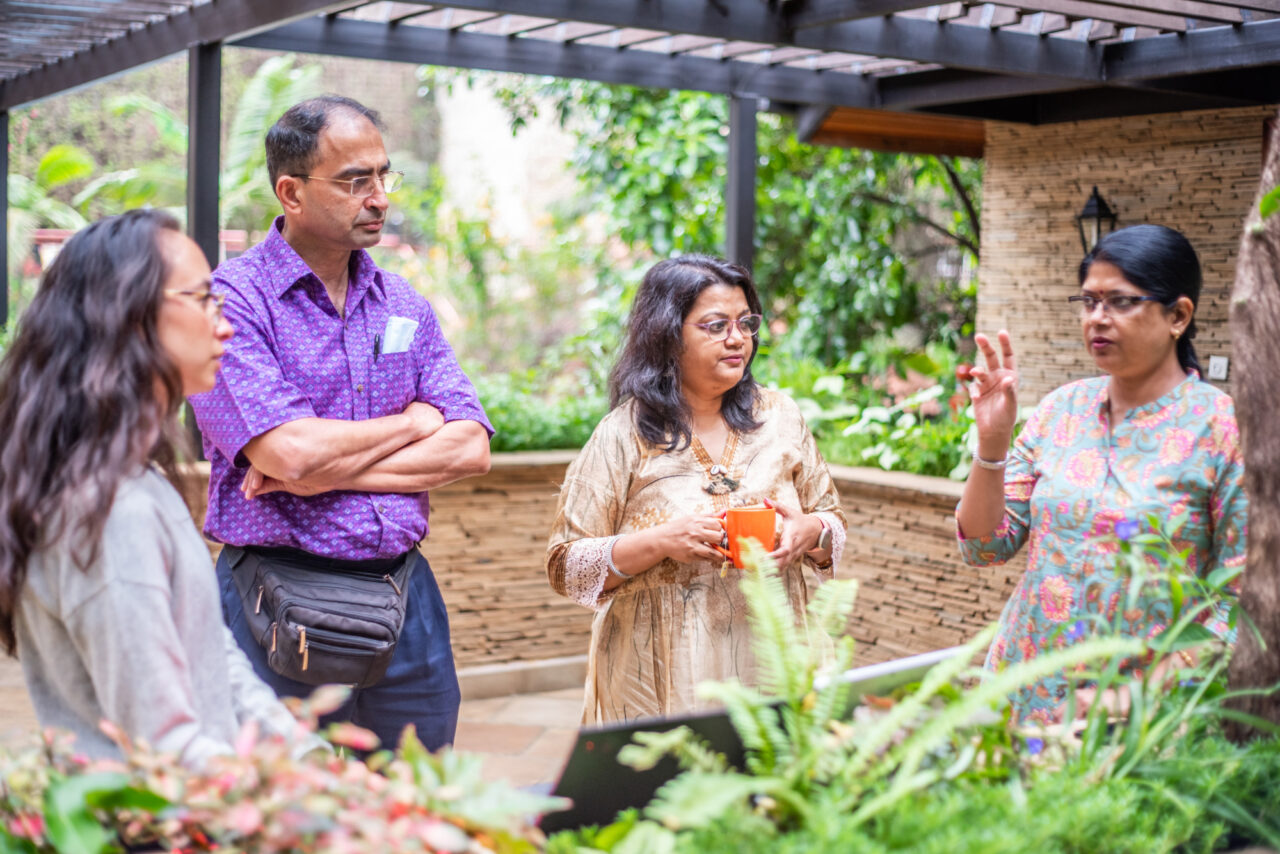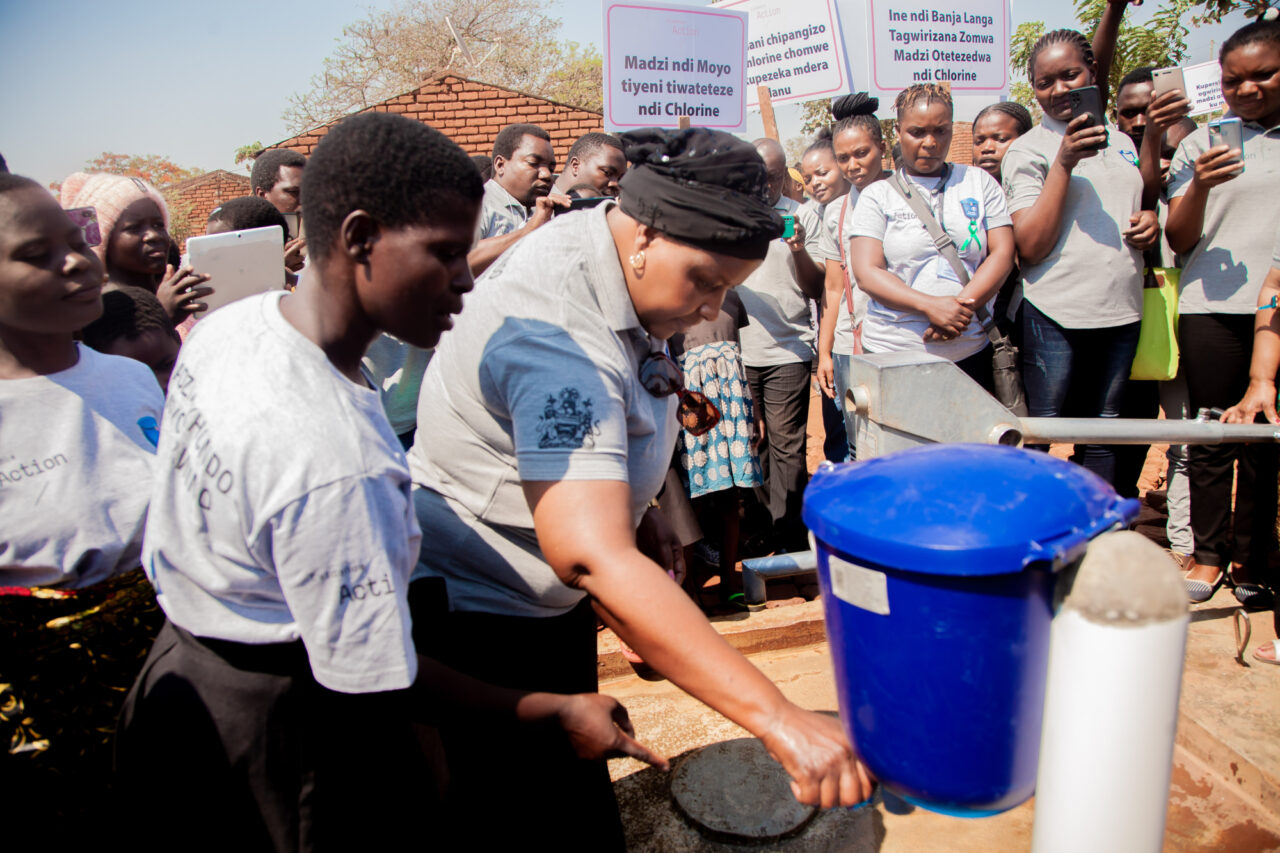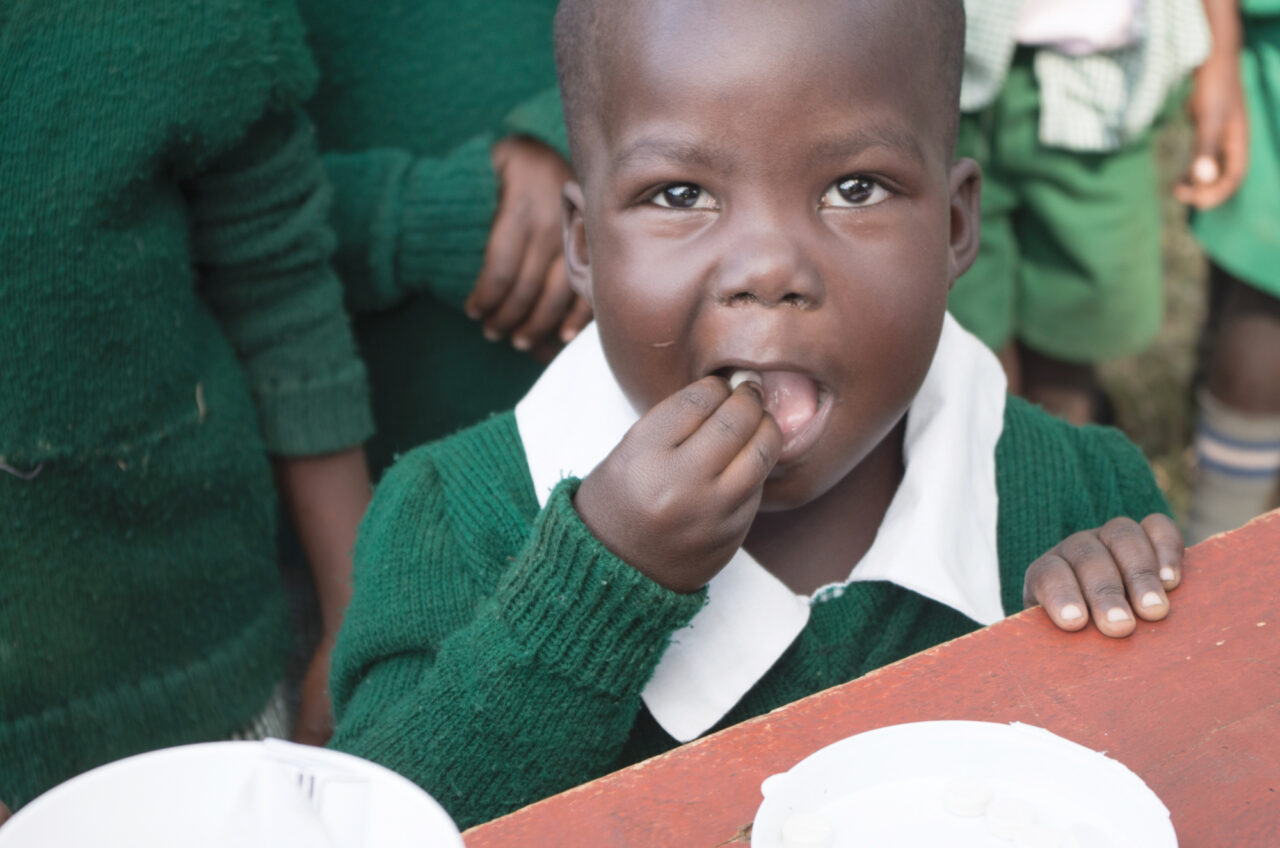
We use evidence to improve global wellbeing
Millions of people around the world urgently need solutions to poverty. Let’s invest in ones that are proven to work.

Our six core organizational values drive the decisions we make, the opportunities we pursue, and our commitment to the people served by our work.
Evidence first. We are led by the facts. We go where the data takes us. Robust, rigorous evidence informs our choices and decisions.
Think big, act urgently. We are unrelenting in our pursuit of results at scale. We know that poverty does not wait. We act so that the best ideas deliver benefits to millions.
Iterate, again. We reflect constantly and adapt accordingly. We test, measure, and improve to ensure impact. If we can do something, we can do it better.
Economize without compromise. The biggest impact at the lowest cost is what we are after. We ensure value for money for all our stakeholders, but know there is no substitute for quality.
Challenge convention. We ask “why” and “why not” in equal measure. We are sincere in our skepticism and incessant in our search for solutions.
Passion throughout. We are driven to lessen inequality, to improve lives. We take action, converting impatience into impact.
